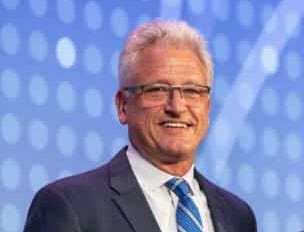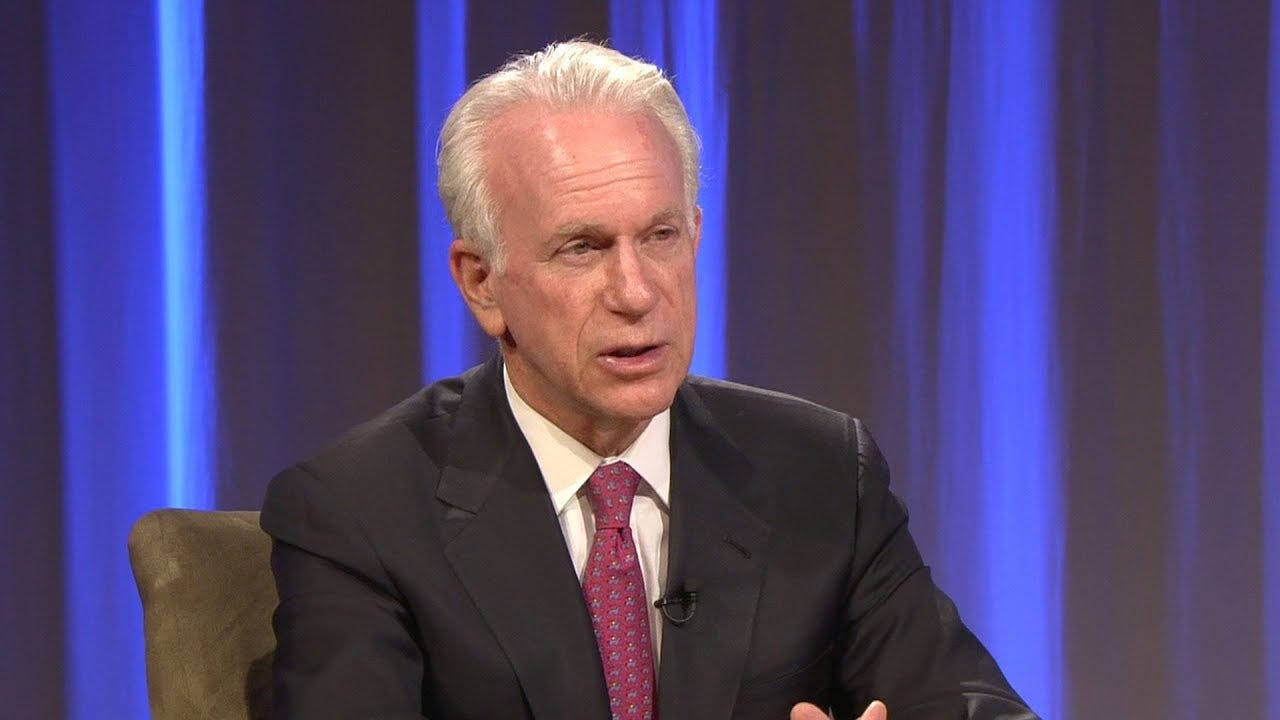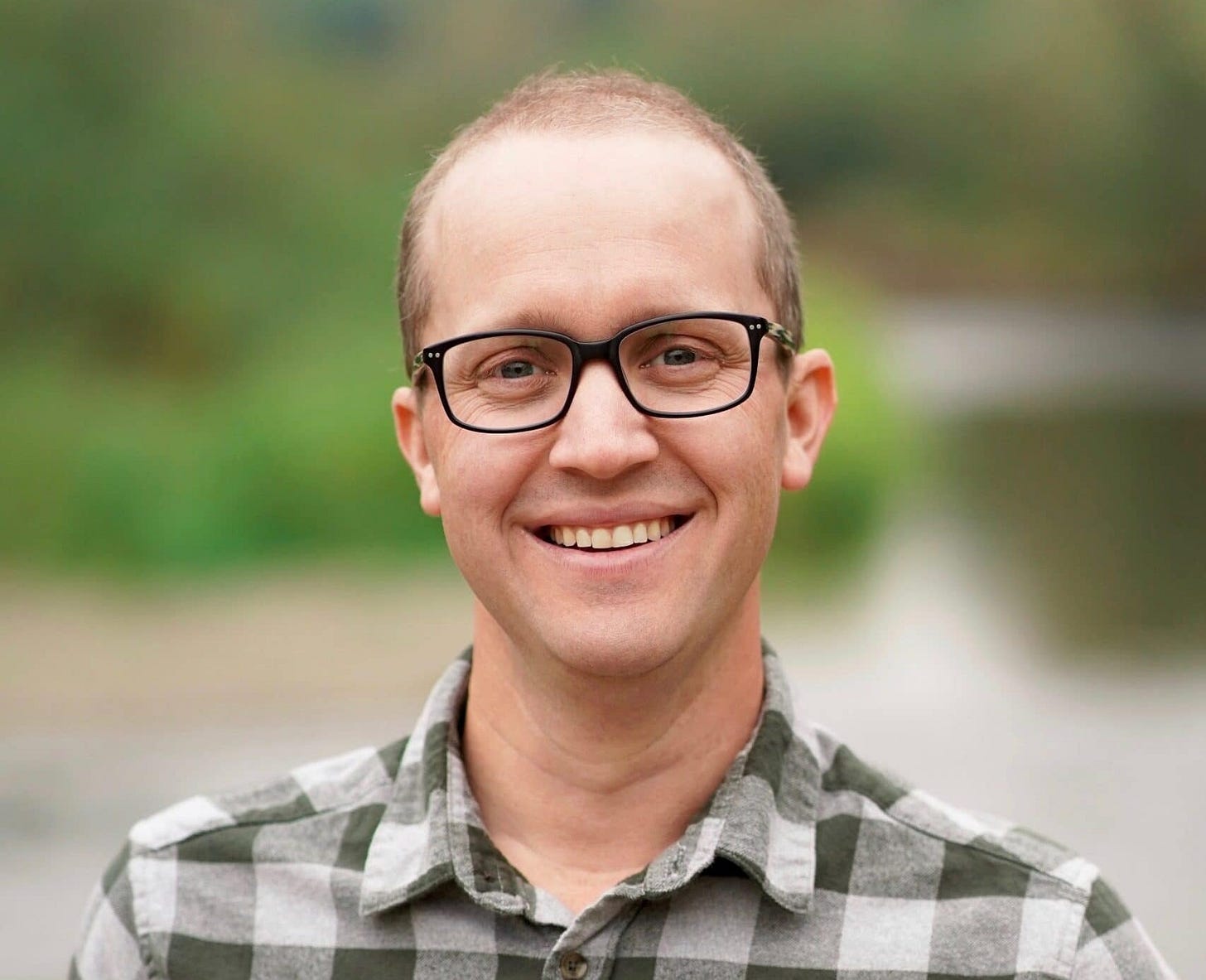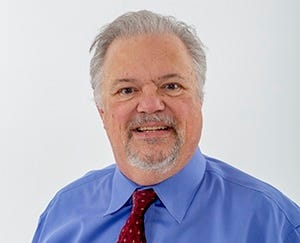Broad band
Freedom Conservatives employ varied means to achieve a common goal
FreeCons believe Americans are most likely to thrive if their government is decentralized by design, limited by constitution, and surrounded by a robust civil society of families, congregations, enterprises, and other private associations.
But that doesn’t mean we disdain politics. Far from it.
Among the hundreds of signatories to the Freedom Conservatism Statement of Principles are Americans who’ve served in a wide variety of elective offices, from mayors and state legislators to governors of states, members of Congress, and even vice president of the United States.
No political movement can be counted successful if it doesn’t encompass leaders willing to seek election, serve in key appointive roles such as county administrators or cabinet secretaries, and run the political campaigns required to obtain and maintain governing majorities.
That being said, electoral victories and executive competence are only necessary conditions for a political movement to prosper. They aren’t sufficient.
In the absence of strong institutions offering policy expertise and demanding accountability, legislators tend to flounder and administrations founder. For departments and agencies to wield power effectively, they require a constant stream of ideas and talent. And such prospective leaders must be identified, educated, networked, and counseled as they begin their careers.
Today, we feature Freedom Conservatives who exemplify the breadth of our movement — from journalism and public service to philanthropy, academia, and policymaking.
Peer driven
Carl Helstrom is executive director of The JM Foundation and The Milbank Foundation, senior advisor to State Policy Network, and a FreeCon signatory.
A former vice president at The Lynde & Harry Bradley Foundation, he’s also worked at the Atlas Network, Capital Research Center, and Foundation for Economic Education.
A board member at the A. P. Kirby Jr. Foundation, the Chase Foundation of Virginia, and the National Review Institute, Helstrom previously chaired the board of State Policy Network for 25 years.
SPN’s mission is to catalyze thriving, durable freedom movements in every state, anchored with high-performing independent think tanks. Its guiding principle is that “the solution to what ails so many American communities is not more power in the hands of Washington elites, but a restoration of federalism” and the protection of “individual rights and local governance that for centuries has made America a beacon of hope for millions around the world.”
There are now 62 state-based think tanks and more than 100 national partners within State Policy Network, employing more than a thousand full-time staff and raising about $200 million a year in revenue.
“What’s been great about this growth is that it happened organically,” Helstrom said. “We took a peer-driven approach, brought people together, and it grew faster than we ever expected.”
Gift of memory
James K. Glassman is CEO of Glassman Advising, a columnist for Kiplinger’s Personal Finance, and a FreeCon signatory.
The founding executive director of the George W. Bush Institute, Glassman previously served as undersecretary of state for public diplomacy and public affairs, chair of the board of governors for Voice of America and Radio Free Europe, and senior fellow at the American Enterprise Institute.
His journalism career includes such roles as president of The Atlantic, editor-in-chief of Roll Call, executive vice president of U.S. News & World Report, and publisher of The New Republic.
In a recent Wall Street Journal op-ed, Glassman offered some reflections on landmarks and loss.
“Walking down the long slope of 19th Street a few weeks ago, thinking of nothing in particular, I found myself overcome by a feeling I couldn’t pin down,” he wrote. “I later realized this was where I spent thousands of hours across 37 years at a little Washington restaurant called CF Folks — a neighborhood luncheonette with a row of stools and roughly half a dozen tables.”
“We are alive, and one of the great gifts God has given us is memory,” Glassman continued.
“I can picture eating my sandwich and crossing 19th Street to take the elevator up a few floors to the magazine office where I worked. I can visualize talking to my colleagues who are long gone or have drifted away from me. We all prefer real people to ghosts. But they’re alive in memory.”
Not the only guide
Matt Germer is director of the Governance Program at the R Street Institute and a FreeCon signatory.
Germer previously served as policy counsel and strategic planning coordinator at the Washington State House of Representatives, worked on the nonpartisan staff in the Oregon State Legislature, and worked as a public policy analyst in the healthcare industry.
In a recent piece for the Orange County Register, he argued that gerrymandering electoral districts for partisan gain may be legal — but that doesn’t make it ethical.
“We all know in our personal lives that the law is not the only guide for right and wrong,” Germer wrote. “It is legal to cheat on a spouse, to spread gossip about a coworker, or to be an absentee parent.”
“Yet no one would argue these actions are ethically sound. We hold one another to standards higher than bare legality in our families, our workplaces, and our communities. We should do the same for our elected officials.”
“Some might say this critique is naïve — that politics has always been messy and that we shouldn’t expect our politicians to be role models. But cynicism is exactly what unethical politicians count on. If voters throw up their hands and assume ‘everybody does it,’ it becomes self-fulfilling.”
Factory ceiling
Cecil Bohanon is a professor of economics at Ball State University and a FreeCon signatory.
Bohanon’s fields of interest include public finance, public choice, and applied microeconomics. He has published dozens of scholarly articles in academic journals and contributes frequently to other media organizations, including a regular column in the Indianapolis Business Journal.
In a recent IBJ column, Bohanon and coauthor John Horowitz observed that many American politicians and voters “look back to the mass factories of the 1950s with nostalgia. One could graduate from high school, start working at a factory, buy a house, support a family and enjoy a good life. Many welcome policies that are supposed to bring back factory jobs to the USA.”
They’re likely to be disappointed, Bohanon and Horowitz argue, but factory employment isn’t necessarily the best way for workers to get ahead.
In 2024, 4.9 million Americans worked on factory floors at a median wage of $22 per hour. “Meanwhile, 15.4 million work at jobs in skilled trades, repair and maintenance, security and emergency personnel, vehicle and equipment technicians, and operators and extractive workers — all at median wages 7%-26% higher than factory work.”
“Like factory floor work, most don’t require a college degree.”
In the mix
• In The Washington Post, FreeCon co-founder Avik Roy outlined a bipartisan compromise to end the partial federal shutdown. It pairs a temporary one- or two-year extension of enhanced subsidies for Affordable Care Act plans with deregulation and the creation of a more-sustainable reinsurance fund.
“Today, the burden of subsidizing the cost of insurance for sick uninsured people who enroll in Obamacare is borne by healthy uninsured people who also enroll,” wrote Roy, who chairs the Foundation for Research on Equal Opportunity.
“A reinsurance fund would spread that cost across all American taxpayers. That, in turn, would bring premiums down for healthier enrollees, encouraging them back into the market, further lowering premiums for the sick, and strengthening the market for everyone.”
• In the online journal FUSION, FreeCon signatory David McGarry argued that “few planks of genuine American conservatism remain” within the Trump administration’s approach to antitrust.
Key appointees at the Federal Trade Commission and Department of Justice embrace a regulatory agenda that is a “recognizable cousin of the left-wing antitrust theories that prevailed during the Biden administration,” wrote McGarry, research director at the Taxpayers Protection Alliance.
“Both seek to expand the remit of antitrust enforcers from a narrow one, focused on combating economically anti-competitive behaviors, into something much broader: using antitrust to centrally plan markets to further the planner’s political, social, and economic goals.”
• In Civitas Outlook, FreeCon signatory Tal Fortgang argued that the assassination of Charlie Kirk was only “the last of a pattern of lawless attempts to prevent Kirk and similar figures from sharing their messages.”
“In that light,” wrote Fortgang, a legal policy fellow at the Manhattan Institute, “it is a stark demonstration of the Broken Windows principle.”
“A college that tolerates harassment signals to students that harassment is within the bounds of acceptable behavior. A university that treats vandalism as minor signals that property rights are not worth defending. Over time, students learn that certain rules are not enforced. That knowledge alters their expectations, but more importantly, it molds their character. It frames the moral universe they inhabit.”




